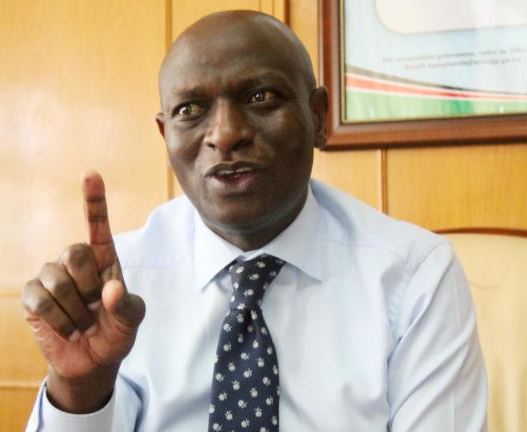×
The Standard e-Paper
Fearless, Trusted News

Kenya could delay completing major electricity projects as contractors experience difficulties in accessing critical materials as well as mobilising teams owing to the impact of the coronavirus pandemic.
Energy Cabinet Secretary Charles Keter told a recent sitting by the Senate Committee on Energy that the disruptions occasioned by Covid-19 had slowed down many contractors.